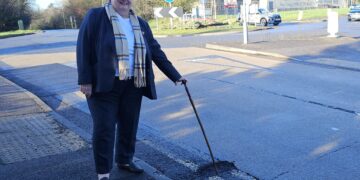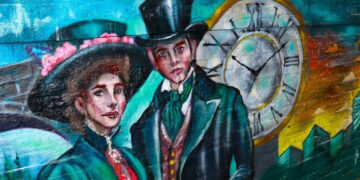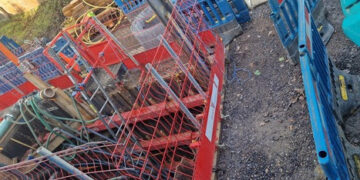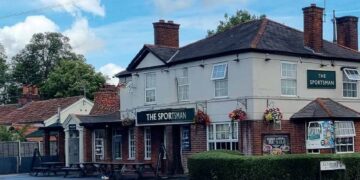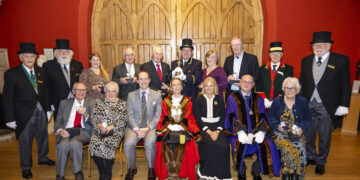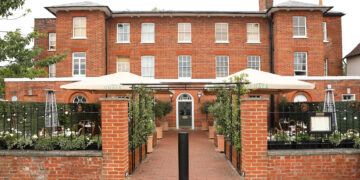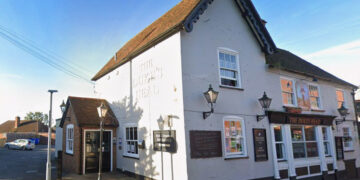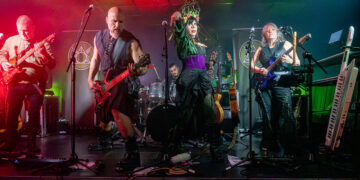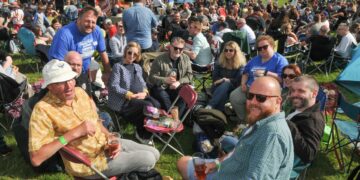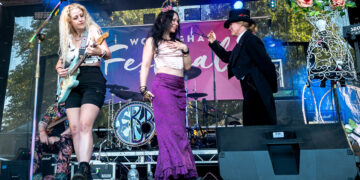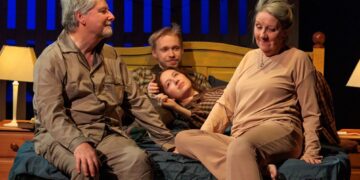A PUB that has been in existence since the early 17th century is to be revived following the closure of a Wokingham town centre restaurant.
Oakman Inns has taken over the site of the former Cafe Rouge in Market Place and said that it will soon be submitted its plans for the refurbishment of the inn that was once known as The Rose.
The company said that there had been a Rose Inn in Wokingham from at least 1634 – when King Charles was still in possession of his head – and it was a famous resting place and stopover for the coaches that visited the thriving town.
It is hoped that the restored inn will be renamed The Rose Revived and its new owners are already looking into some of the issues associated with the restoration of some of the lost and possibly hidden architectural charms.
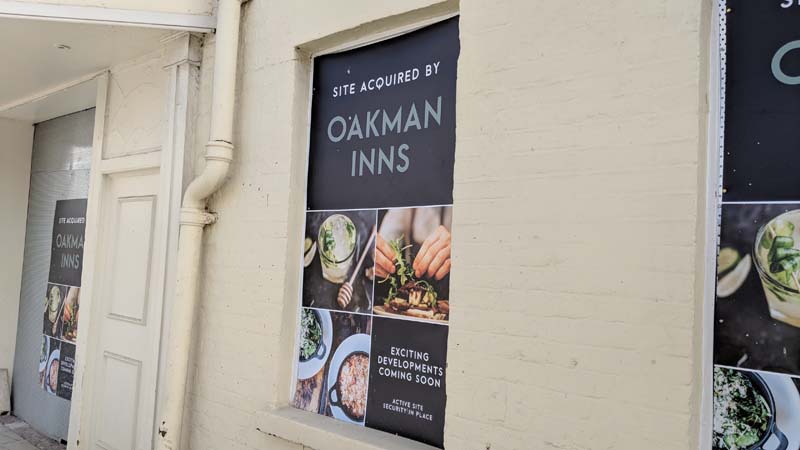
Oakman Inns CEO, Peter Borg-Neal, said: “Oakman Inns has had a long-held ambition to have a presence in Wokingham which we see as a progressive and vibrant town.
“We are very aware that the major infrastructure works of the past two years have had its challenges and we look forward to The Rose Revived playing a big part in the wider Wokingham resurgence.
“The building itself presents us with an enormously exciting opportunity and behind each layer of modern additions you can still feel the history of this wonderful building.”
That history includes a local report which detailed one historic occasion at The Rose, during a journey interrupted by bad weather. With the roads impassable, some of Britain’s greatest minds and close friends passed some hours eating and drinking.
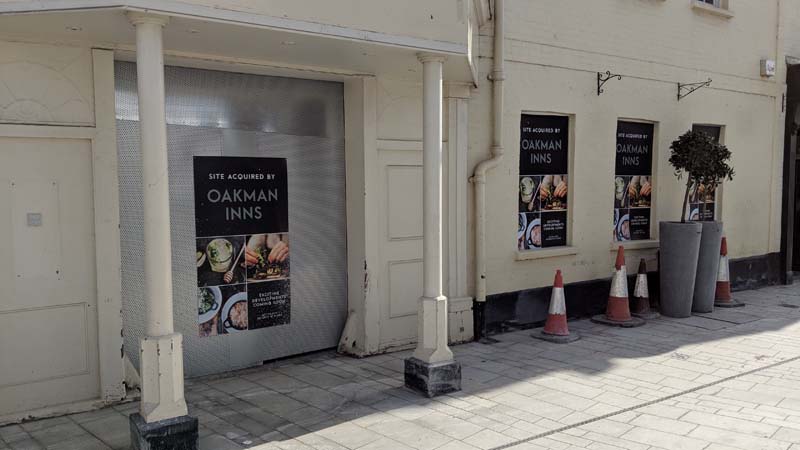
They were John Gay, the poet (who wrote the Beggars Banquet), together with his great friends, Dr John Arbuthnot, (the satirist and polymath who created that most British of characters, John Bull), together with Jonathan Swift and Alexander Pope. Together they whiled away the time by commemorating in verse the charms of the landlord’s daughter.
With a firmly established reputation for being “kind” to their buildings, the growing pub group has a collection of over 25 inns, pubs, bars and restaurants, many of them Listed coaching inns or significant landmarks in market towns.
Oakman Inns, although still regarded as an SME, has been ranked for two consecutive years as one of the UK’s top 20 employers by The Sunday Times Best 100 Companies to Work For.
It said that The Rose Revived will be offering almost 50 employment opportunities, including Apprenticeships.
A letter from The Wokingham Society
We in the Wokingham Society Executive Committee are delighted to read (in The Wokingham Paper September 13) that there will once again be a Rose public house in the Town Centre and we wish Oakman Inns every success in the venture.
It is therefore a little churlish of us to point out that, contrary to the article in last week’s paper, the original Rose inn was not in the building that housed Café Rouge but on the site of the present Superdrug shop on the north side of the Market Place.
It was a 15thC timber-framed building, enlarged in the 16thC, that served as an inn until 1844 and it was this Rose that provided the venue, on a wet day in the early 18thC, for Alexander Pope, John Gay, Jonathan Swift and John Arbuthnot to pen a ballad to landlord John Mogg’s daughter Molly. The poem was written as if by a love-lorn Edward Standen of Arborfield Manor, whose advances Molly had rejected:
“I feel I am in love to distraction,
My senses all lost in a fog,
And nothing can give satisfaction
But thinking of sweet Molly Mogg”.
To complicate matters still further, a house in Peach Street, replaced by a building occupied until recently by Marks & Spencer, served as the New Rose between 1772 and 1788, during which time the other inn was called the Old Rose.
The landlord of the original Rose inn moved his premises to the current site in 1844 in order to provide ‘better accommodation and comfort for the nobility, gentry and public’, and took the name of his inn with him.
The building started life as two 15thC houses and had not previously been used as an inn.
From about 1856 it was referred to as the Rose Hotel, this name continuing until it was changed to Ye Olde Rose Hotel in 1946, later becoming Ye Olde Rose Inne.
It is unfortunate that serious fires in 1946 and in the 1970s and 1980s destroyed much of the original building and its interior, although considerable effort was made to reconstruct it in its 16thC style.
Peter Must, Wokingham Society, Chairman

